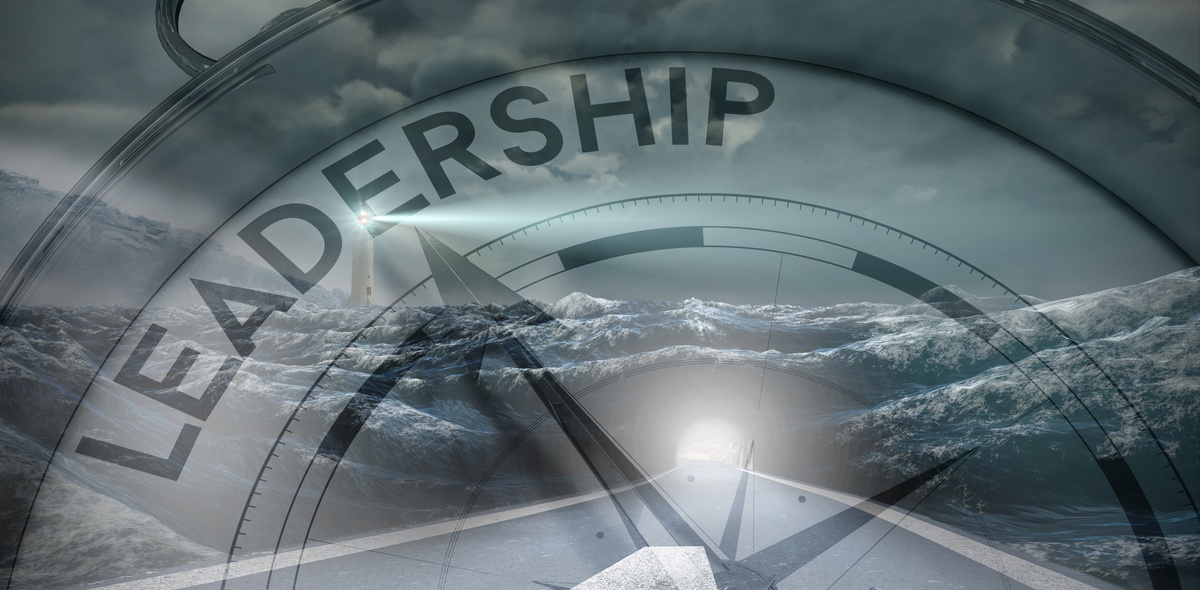When Standards Slip: Why Rules Still Matter in Policing
When Standards Slip: Why Rules Still Matter in Policing

By: Chief Scott Hughes
“You can’t do what you want, when you want, and expect there to be no consequences.”
That’s not just a leadership principle - it's a life lesson.
Somewhere between policy and politics, we’ve started losing sight of something simple:
When rules become optional, accountability disappears.
And in policing, when that lesson gets ignored, people get hurt.
The Drift
Across the country, there’s a quiet but dangerous shift happening.
We have agencies lowering standards to keep people happy, rather than prioritizing their safety.
We have leaders tolerating laziness, attitude, and entitlement because holding the line might make waves.
“When you tolerate mediocrity, you authorize it.”
And once that becomes the culture, it spreads faster than any policy can fix.
Leaders who look the other way aren’t avoiding conflict; they’re creating it.
They’re telling their good officers that excellence doesn’t matter, and their bad ones that accountability never will.
Toxicity at Every Level
Lazy and toxic officers don’t just hurt morale; they hurt credibility.
They cut corners, dodge calls, and drain the motivation of those still willing to do the work.
But let’s be clear: the problem doesn’t stop in the locker room.
“Lazy and toxic supervisors do even more damage because their indifference becomes the standard.”
When a supervisor refuses to address poor performance or ignores bad behavior, they’re not protecting their people; they’re failing them.
You can’t demand accountability from the bottom if you’re unwilling to model it from the top.
The Standard Still Matters
Rules, expectations, and accountability aren’t burdens; they’re boundaries that keep us and the public safe.
They protect the profession, the mission, and every officer who still takes pride in wearing the badge.
“You can’t fix retention by lowering expectations.”
“You can’t build trust by turning a blind eye.”
“You can’t demand excellence from others if you stop demanding it from yourself.”
When standards slip, culture follows, and rebuilding it is ten times harder than maintaining it.
The Takeaway
Leadership isn’t about being popular.
It’s about being principled.
Sometimes that means confrontation, uncomfortable conversations, or unpopular decisions, but that’s what leadership is.
When standards slip, consequences follow.
And in this profession, those consequences aren’t theoretical; they’re life and death.
Devil’s Advocate: What Critics Might Say
Some will argue that calling out “lazy and toxic” behavior sounds divisive, that it risks morale or fuels negativity.
But the truth is, avoiding these conversations is what created the morale problem in the first place.
“Accountability isn’t about humiliation; it’s about protection."
If we can’t be honest about our own shortcomings, we can’t expect the public to trust us when we say we police ourselves.
Final Thought
Rules still matter — not because they restrict us,
but because they remind us who we’re supposed to be.
When standards slip, leadership fails.
And when leadership fails, everything else follows.

